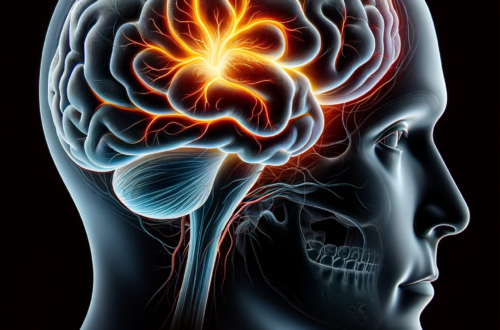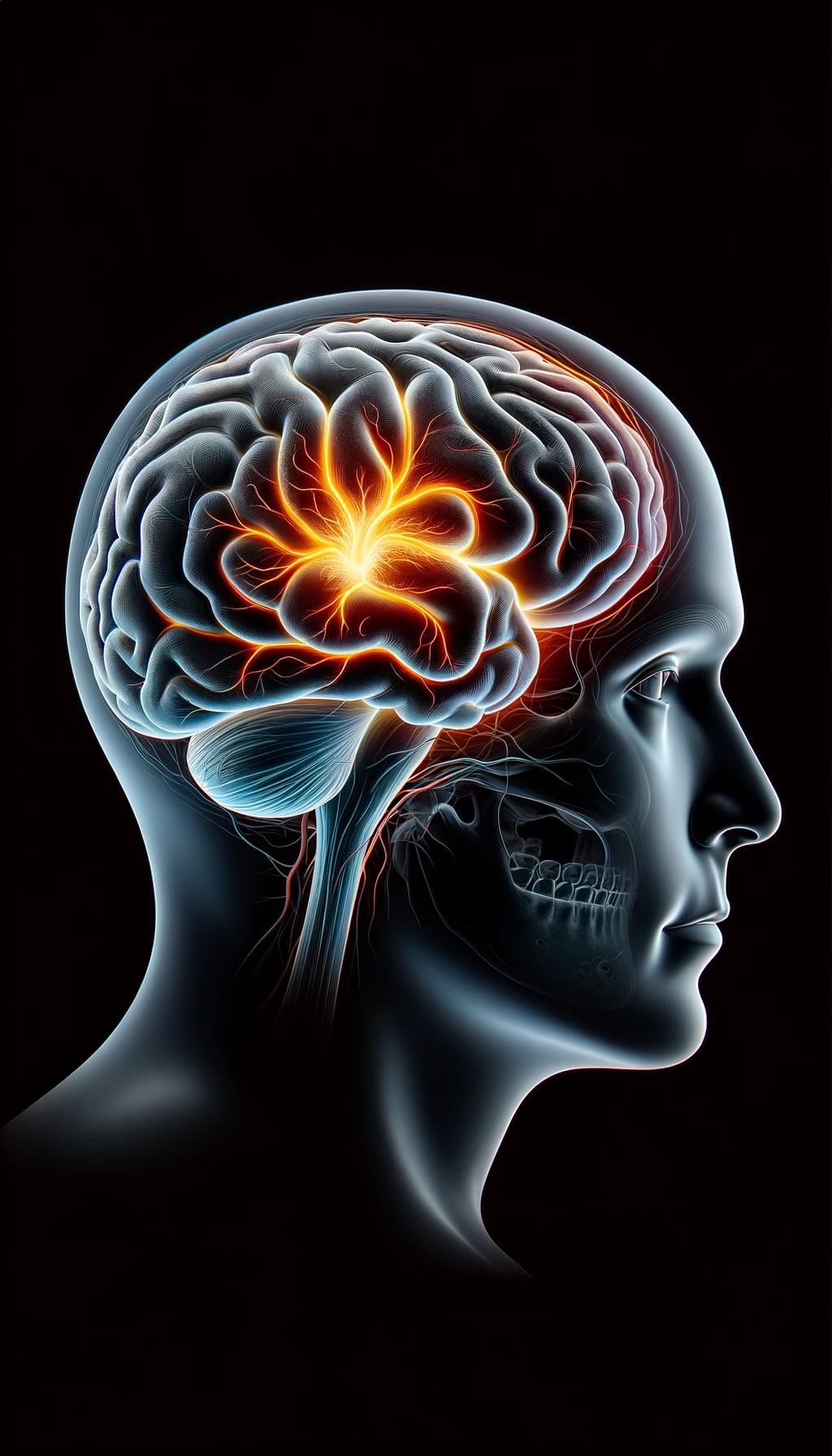As we navigate our daily lives, it’s easy to feel like our memories are slipping away. Whether it’s forgetting a crucial meeting time or struggling to recall the name of that new coworker, memory lapses can be frustrating and even affect our productivity. But what if I told you there was a simple technique to improve your memory? Enter association, a powerful tool in the memory improvement toolbox. What is Association? Association is a cognitive process where we link new information to something already familiar in our minds. This connection strengthens the neural pathways, making it easier to recall and…
-
-
Are you tired of feeling like your brain is stuck on repeat, unable to recall important details or learn newinformation? You’re not alone! Memory loss can be frustrating and even affect daily life. However, with the rightstrategies, you can improve your memory and regain control over your mental clarity. In this post, we’ll explore 7 proven memory improvement techniques to help you boost your brain power: 1. Associate New Information with Emotions Emotional connections are powerful memory triggers. When learning new information, try to associate it with anemotional experience or a personal connection. For example, if you’re trying to remember…
-
Stroke is a leading cause of disability worldwide, with womenbeing disproportionately affected. While physical symptoms such asweakness or numbness are often well-known, cognitive-affectivesymptoms can be just as debilitating yet often overlooked. In thisarticle, we will delve into the complex and multifaceted world ofcognitive-affective symptoms in women who have experienced astroke. Cognitive Symptoms: The Often-Overlooked Signs Cognitive symptoms refer to difficulties with thinking,problem-solving, and decision-making that can occur as a result ofa stroke. These symptoms can be subtle and may not necessarilyalert someone that a stroke has occurred. In fact, many peopleexperiencing cognitive symptoms may initially attribute them tonormal aging or…
-
What are Cognitive Symptoms? Cognitive symptoms are difficulties with thinking,problem-solving, and decision-making that can occur as a result ofa stroke. These symptoms can be caused by damage to specific areasof the brain responsible for processing information, makingdecisions, and controlling our thoughts. Common cognitive symptoms of stroke include: Why are Cognitive Symptoms Important? Cognitive symptoms can be a significant indicator of stroke,particularly in women. Studies have shown that cognitiveimpairment is more common among women experiencing stroke thanmen. Additionally, cognitive symptoms can often precede othersigns of stroke, making early recognition crucial. If left untreated, cognitive symptoms can lead to long-termdisability and decreased…
-
Have you ever felt like you’re stuck in a mental haze, strugglingto focus on anything? Maybe it’s as if your mind is a thick fogthat refuses to lift, making everyday tasks feel like climbing amountain. This phenomenon is more common than you might think, andit’s often referred to as “mental fogginess.” In this article,we’ll delve into the world of mental fogginess, exploring itscauses, symptoms, and potential solutions. What is Mental Fogginess? Mental fogginess is a state of being where your mind feels cloudy,unclear, or disconnected. It’s as if you’re struggling to accessyour normal thought processes, leaving you feeling foggy,confused, or…
-
Cognitive Symptoms Motor and Sensory Symptoms Speech and Language Symptoms Visual and Spatial Symptoms Behavioral Symptoms Other Symptoms Cognitive-Affective Symptoms Motor Skills and Coordination Symptoms Other Cognitive Symptoms Neurological Symptoms Sensory Symptoms Speech and Language Symptoms Motor Skills and Coordination Symptoms Other Cognitive Symptoms Neurological Symptoms Sensory Symptoms Other Symptoms Please note that this is not an exhaustive list, and it’s alwaysbest to consult with a healthcare professional if you experienceany symptoms.












